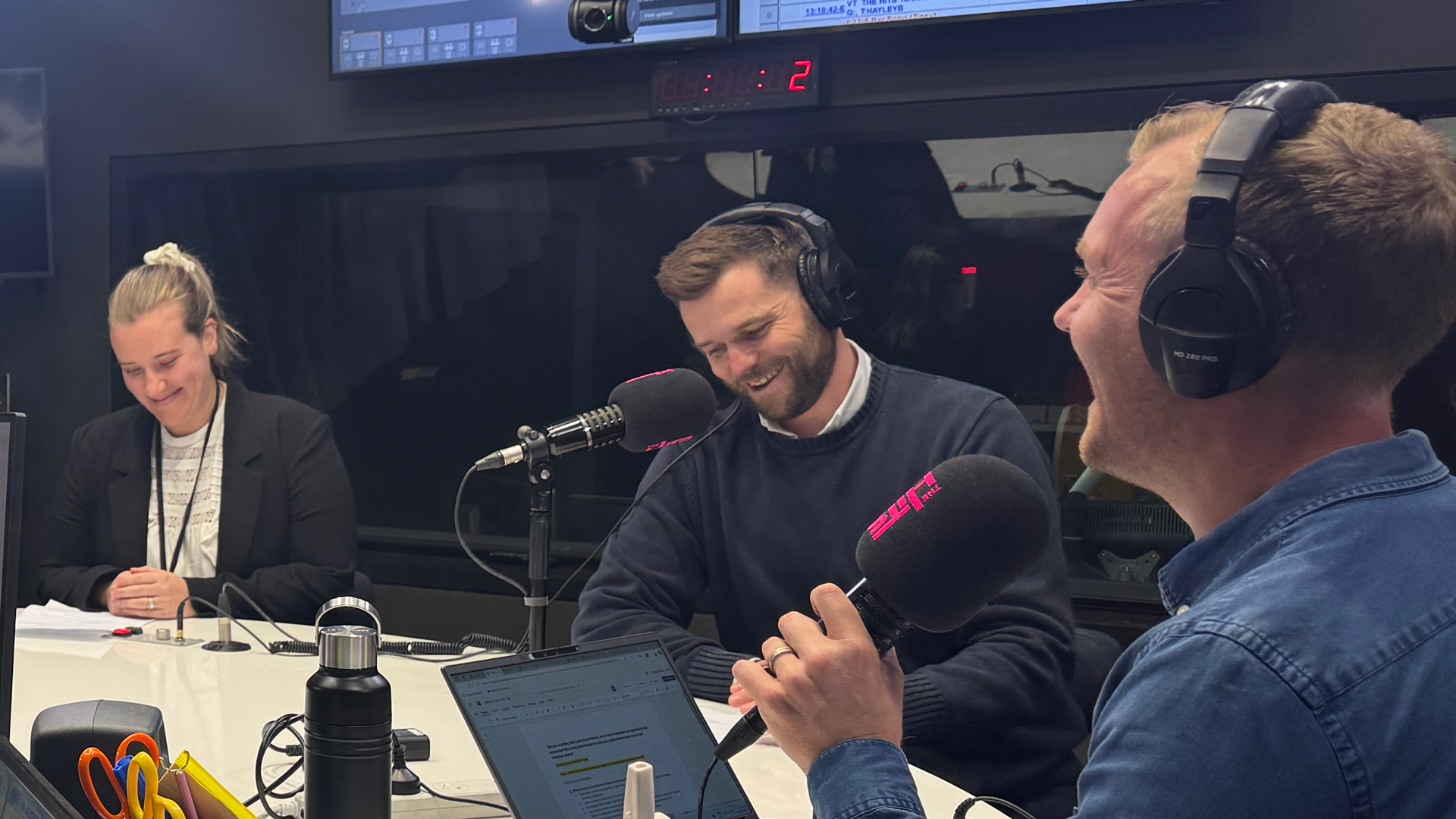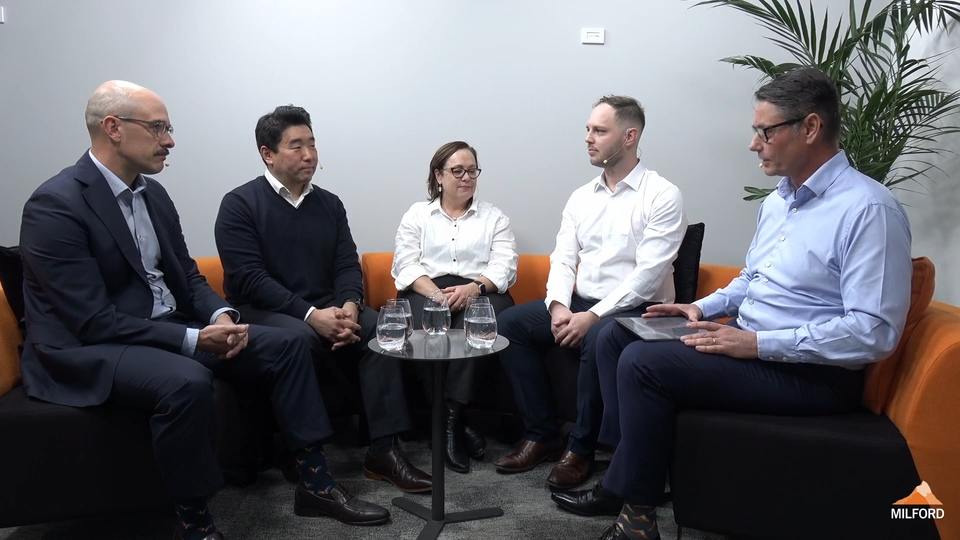You will have probably heard about the gender pay gap, but what about the gender savings gap? For a number of reasons women’s retirement savings are lagging men’s, and the most talked about solutions may not be the most helpful.
Despite women working hard all their lives, both in and out of paid work, many are lagging significantly behind their male peers in retirement savings. Overall, Stats NZ found the median man’s KiwiSaver balance is 25% larger than the median woman’s. Even more alarming is the gap gets wider with age. The median man’s KiwiSaver balance in the 55-64 age bracket is 30% larger than the median woman’s.
Why is this happening? Some reasons are well known, but others are less so. Firstly, women are more likely to take significant time off from paid work for their children. This means months or years of lost KiwiSaver contributions. It also means women may have their career trajectory interrupted, leading to lower salary growth over the years. Secondly, research shows women are often paid less than their male peers, which can mean less money contributed to KiwiSaver. And thirdly, a perhaps less well-known reason is that on average, women tend to be more risk averse with their investments – opting for lower-risk, lower-returning KiwiSaver funds. This means their balance will likely grow at a slower rate.
So what can women do? The most talked about solutions, like “save more” or “ask for a pay rise” or “choose a more aggressive KiwiSaver fund” are all valid, but for many women they are either unrealistic or flat out unhelpful. But there is one helpful solution you don’t hear about very often, and that is, to simply talk about it.
Talking about your finances helps
Research shows people really struggle to talk about their finances. They see personal finance as the most challenging topic to discuss, even more so than subjects like death, politics and religion. This is probably not a huge surprise. But what is surprising, is that when people do think and talk about their finances more frequently, they tend to do better financially.* The research also shows that women especially struggle in this area – with 58% of women leaving big financial decisions to their male partners. This puts women at risk financially, particularly in the event of divorce or if their spouse dies. Encouragingly when couples work together on their long-term money goals, their level of confidence improves, with fewer mistakes and less stress.**
That’s great, but as we all know, talking about money is much easier said, than done.
Where to start
There are a number of people you can talk to about your finances – from a trusted friend or family member who’s been good with their money, to your partner or even a professional financial adviser. The challenge is getting yourself comfortable enough to talk about it and being open to learning ways to improve your situation. Here are a few questions you can use to get the conversation started with a family member or friend:
- What actions have you taken that have helped with your savings?
- How did you learn to manage your finances and savings?
- What mistakes have you made that taught you helpful lessons?
- How do I know if my financial partners are doing a good job for me (KiwiSaver manager, financial adviser, insurance company, etc.)?
And here are a few you can use with a financial adviser:
- Do I have too much debt?
- How much should I be saving for retirement?
- How can I find out if my salary should be higher?
- If I experienced a big life change (job loss, divorce, death of spouse) how can I make sure I would manage my finances properly?
Women today face a range of unique obstacles. We all want peace of mind around our money, especially because we’ve worked so hard to build our savings. Peace of mind gives us the freedom to focus on what really matters. To get there involves being prepared, as best you can, for what lies ahead. Although you may not solve the gender savings gap, being aware of it, talking about it and creating a plan to tackle it, is the best way to take control of your future.


